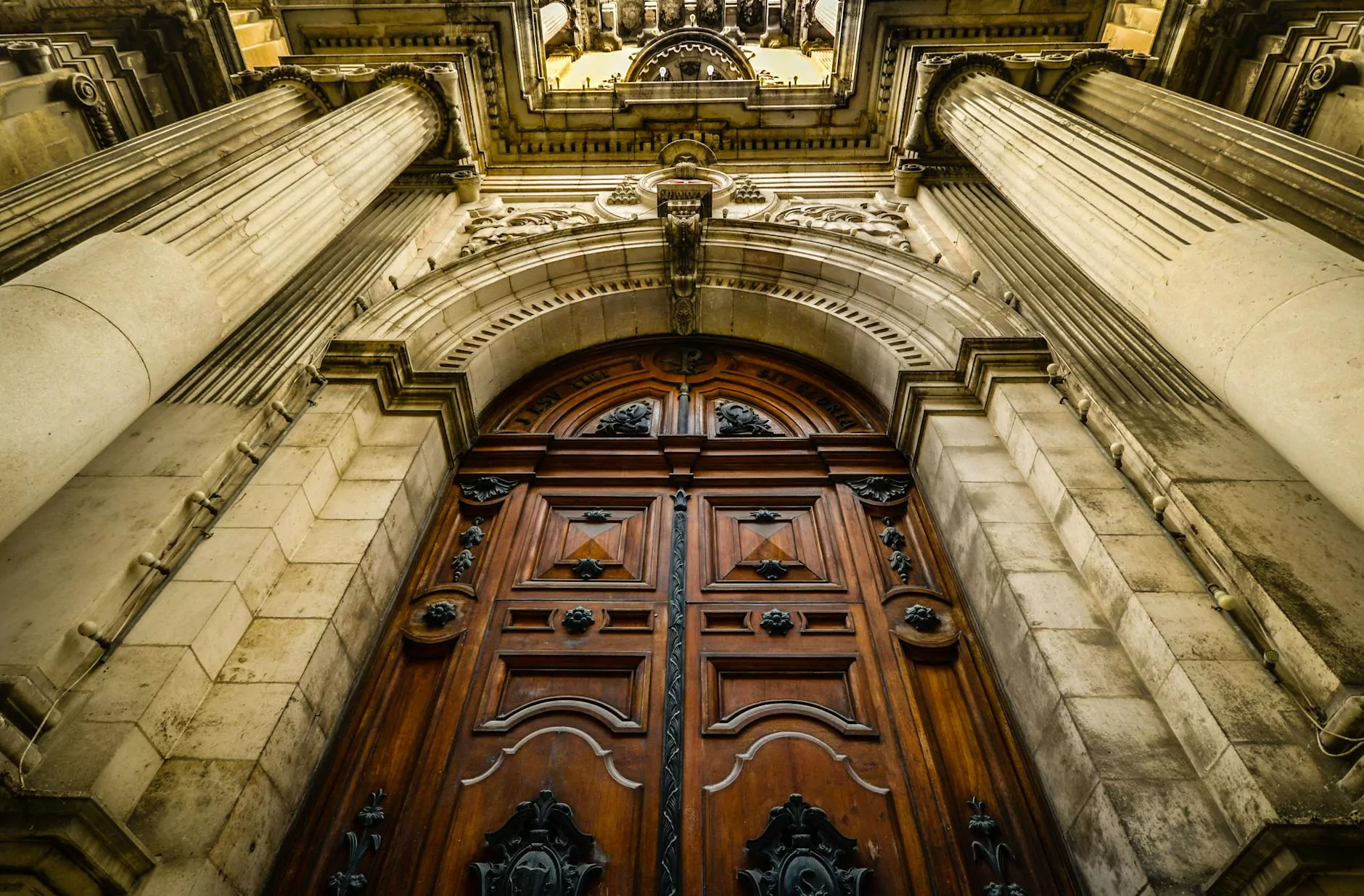Empowering Community and Faith: The Impact of Black Churches in New York

Black churches in New York have long been more than just places of worship; they are vital pillars of strength, social justice, and community development. These churches serve as spiritual sanctuaries, centers for community service, and catalysts for social change. Their rich history, unwavering faith, and relentless commitment to upliftment make them a cornerstone of New York’s diverse cultural landscape. In this comprehensive article, we delve into the multifaceted roles these churches play, their historical significance, community initiatives, and how they continue to shape the social fabric of New York City.
Historical Significance of Black Churches in New York
The roots of black churches in New York trace back to the early 19th century, during a period when African Americans faced systemic oppression, segregation, and social marginalization. These churches emerged as safe havens and centers of resistance, fostering resilience and cultural identity. Influential congregations such as the Abyssinian Baptist Church, founded in 1808, have played pivotal roles in shaping civil rights movements and advocating for social justice.
Over the decades, black churches evolved from solely spiritual centers into institutions that championed political activism, education, and economic empowerment. They were instrumental during the Civil Rights Movement of the 20th century, providing organizational support, rallying community members, and amplifying voices fighting against racial discrimination.
Today, these churches continue to honor their historical legacy by championing equality and fostering a sense of communal pride among their members.
The Core Roles of Black Churches in New York's Communities
Black churches in New York serve multiple vital functions that extend well beyond spiritual guidance. These institutions are deeply embedded in the social, educational, and economic fabric of their communities, with a focus on holistic empowerment.
Spiritual Leadership and Worship
At their core, these churches provide a space for worship, prayer, and spiritual growth. They celebrate cultural traditions through vibrant gospel music, dynamic sermons, and religious festivities. Their spiritual leadership offers hope, resilience, and guidance to individuals navigating life's challenges.
Community Outreach and Service
Black churches in New York are renowned for their extensive community outreach programs. From food pantries and homeless shelters to health clinics and youth mentorship programs, these churches actively work to address pressing social issues. They often partner with local non-profit organizations, schools, and government agencies to maximize impact.
Educational Initiatives
Education is a cornerstone of empowerment, and many black churches operate tutoring programs, scholarships, and literacy initiatives. They aim to close educational gaps and provide young people with opportunities for success, fostering leadership and self-sufficiency.
Advocacy and Social Justice
Historically, black churches in NYC have been at the forefront of advocacy for civil rights and social justice. Today, they continue this tradition by organizing rallies, engaging in policy discussions, and partnering with advocacy groups to promote racial equality, economic justice, and police reform.
Celebrating Diversity and Cultural Heritage
The cultural vibrancy of black churches in New York is evident in their rich musical traditions, inspirational sermons, and community festivals. Gospel music, African drumming, and dance are integral parts of services, expressing cultural identity and unity. These churches serve as custodians of African-American heritage, passing traditions from generation to generation.
They also host cultural events, art exhibits, and historical commemorations that celebrate the stories and achievements of African Americans, reinforcing pride and solidarity within the community.
Innovative Programs and Future Outlook
As New York City continues to evolve, so do the initiatives of its black churches. Many are adopting innovative approaches to meet contemporary challenges, including digital outreach, social entrepreneurship, and mental health support. Virtual sermons, online prayer groups, and social media campaigns expand their reach and engagement.
Looking ahead, black churches in New York are poised to remain vital agents of social transformation. Their focus on youth leadership, community resilience, and economic empowerment ensures they will continue to be pillars of strength for generations to come.
Partnerships and Collaborations in Community Development
These churches frequently collaborate with local government agencies, educational institutions, and non-profit organizations to maximize their social impact. Examples include joint initiatives targeting health disparities, affordable housing projects, and criminal justice reform.
- Health and Wellness Programs: Free clinics, mental health counseling, and fitness classes aimed at promoting holistic well-being.
- Economic Empowerment: Small business development, job training programs, and financial literacy workshops.
- Youth Engagement: Leadership training, after-school programs, and college preparatory guidance.
- Environmental Justice: Community clean-up initiatives and educational campaigns on sustainability.
How Black Churches in New York Continue to Inspire
Beyond their immediate community impact, black churches in New York inspire a broader narrative of perseverance, faith, and activism. They serve as models of resilience in the face of adversity and demonstrate the power of collective action rooted in spiritual conviction.
Their leaders often speak to themes of hope, perseverance, and unity, urging communities to dream big and work tirelessly toward a more just and equitable society. Through their pioneering programs and unwavering commitment, they continue to uplift not only their congregations but the entire city.
Conclusion: A Beacon of Faith, Hope, and Community
In summary, black churches in New York are much more than religious institutions. They are vibrant, dynamic community anchors that foster spiritual growth, advocate for social justice, and provide essential services to those in need. Their historical legacy of resilience and activism continues to inspire revolutionary change, making them indispensable to the fabric of New York City.
Whether through nurturing faith, empowering through education, or leading social movements, these churches embody the enduring spirit of community, hope, and progress. By supporting and partnering with these organizations, we contribute to a brighter, more equitable future for all residents of New York.
To learn more about [Bridge Church NYC](http://bridgechurchnyc.com), their community programs, and ways to get involved, visit their website and discover how you can be part of this impactful movement.









